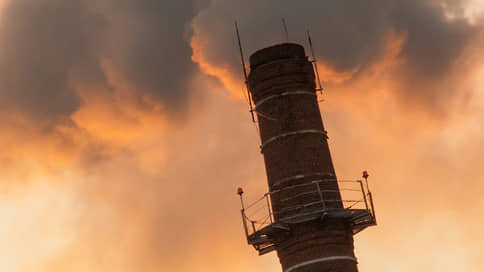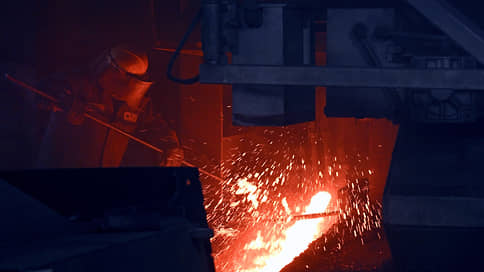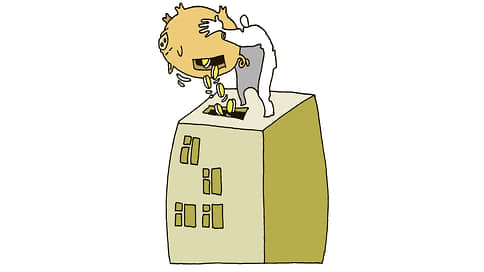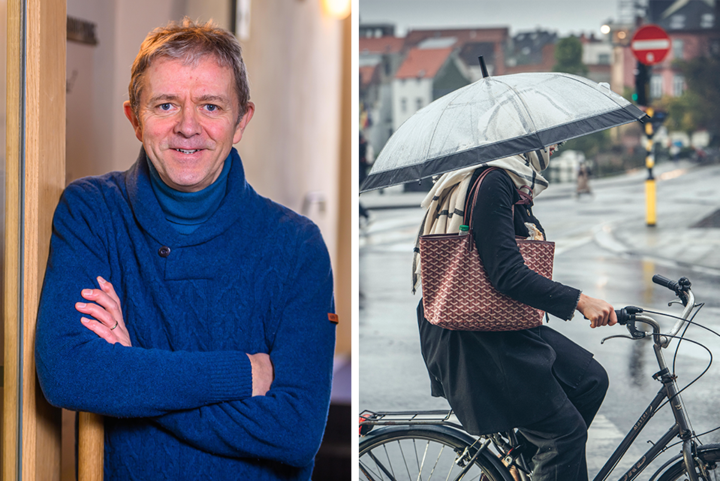The Russian Federation disputes the introduction of the EU since 2026 cross -border carbon tax

The Russian Federation disputes the introduction of the EU since 2026 cross -border carbon tax – it is designed to level the load for exporters to Europe, which is created for internal manufacturers of carbon regulation. The request for consultations is the first stage of the dispute – already sent to the organization, the Ministry of Economy said. There they call cross -border carbon regulation (tour) an attempt to « shift the problems of their own economic policy to other states. » About whether the EU measures are discriminatory for trading partners, lawyers really argue for several years, but Russia’s actions are more like an attempt to block the solution of the issue. The fact is that the work of the WTO appeal authority (it will have to make the final decision on the compliance of the Tour standards of the organization) is blocked by the United States for an indefinite period. This allows you to count on delaying and decisions on the obligation of Russian exporters to pay a European climatic tax.
Russia sent to the WTO a request for consultations with the EU regarding cross -border carbon regulation (Carbon Border Adjustment Mechanism, CBAM). This is the first formal stage of the dispute – if within 60 days the decision is not made, Russia will be able to transfer the dispute to the arbitration group within the framework of the WTO by the dispute resolution.
Within the framework of CBAM, companies that import products in the EU will be required to report on emissions of greenhouse gases during its production and acquire certificates for carbon emissions as part of the European ETS trade system (See “Kommersant” from April 30). As Kommersant explained to the Ministry of Economics, they see in European carbon regulation significant operating costs for companies in other countries related to the observance of new EU rules to obtain additional permits, calculation and verification of emissions, etc.
“The WTO must determine the boundaries of the permissible – what measures of the state can introduce to protect the environment without violating its trade obligations,” the Ministry of Economy said.
The fact that this would negatively affect Russian companies, experts have stated a long time ago. So, in the Sberbank, taking into account the EU sanctions, business costs in the basic script were estimated at $ 14.7 billion. In the soft version, the costs will amount to $ 13 billion, in the hard – $ 17.7 billion (see “Kommersant” dated December 21, 2022). The Bank of Russia evaluated the deviation of the Russian GDP from the simultaneous introduction of tour in the EU and the quotation of emissions of the Russian Federation from the basic scenario in 2040 per minus 11.3% (see “Kommersant” dated February 13, 2024).
At the same time, the position of the Ministry of Economy in the application for an appeal to the WTO is politically pointed – they accuse the EU of the desire to protect the economy from foreign manufacturers and solve problems of their own inefficiency. Swam “takes the EU to the EU budget and the limited resources of developing countries that could be aimed at modernizing their production or reducing the influence of emissions on the climate in the most economically effective way for them,” the head of the department Maxim Reshetnikov commented on the appeal. However, the fact that CBAM is unlikely to comply with the WTO standards in the Ministry of Economy was stated back in 2021, during the discussion of the introduction of the EU mechanism, referring to the UN Framework Convention on the change in climate, which suggests that the climate change measures should not be used to restrict international trade.
It is obvious that in order to successfully dispute the European decision about the Swam of Russia, the whole chain of proceedings will have to go through, up to the consideration of the dispute by the WTO appeal body, which may oblige the EU to bring its legislation in accordance with its decision.
But the Russian Federation, apparently, is also satisfied with the lack of a decision: the work of the appeal authority has been blocked by the United States for many years that do not appoint judges (See “Kommersant” of June 13, 2019) – Probably, the calculation of the Russian regulator is made that Russian exporters in the EU can not comply with the requirements of SwAM to the final decision of the dispute. In addition to the Russian Federation, the largest opponents of CBAM are Brazil, South Africa, India and China. With the beginning of the dispute in the WTO “Blok Brix”, he will probably try to block the further development of global carbon regulation or insist on other conditions of his participation in it.








